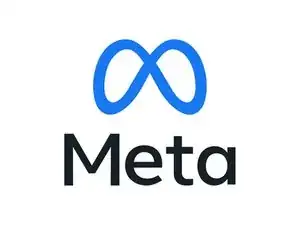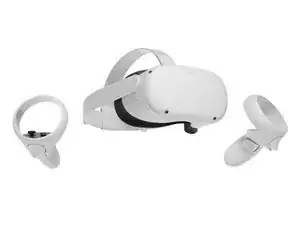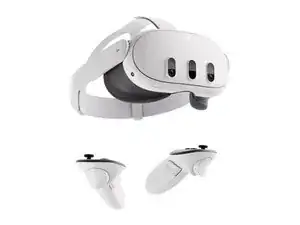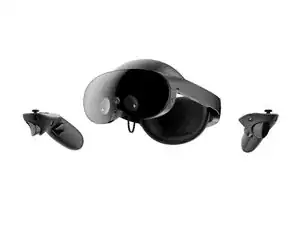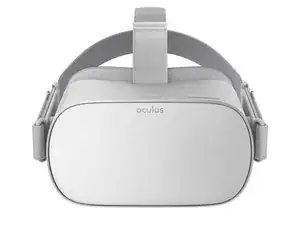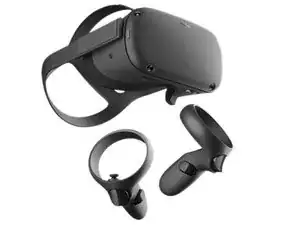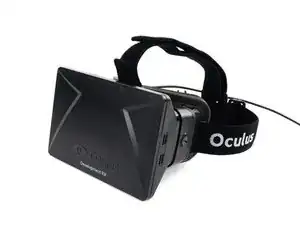General
Meta VR Headsets, formerly known as Oculus VR, are a line of virtual reality (VR) head-mounted displays (HMDs) developed and produced by Meta Platforms, Inc., a technology company focused on metaverse and augmented reality (AR) technologies. These VR headsets offer immersive and interactive experiences, allowing users to engage in a wide range of virtual environments and applications.
The Meta VR Headsets support a vast library of VR games, experiences, educational applications, and productivity tools available through the Meta Store, formerly known as the Oculus Store. Users can access a diverse range of content, from games to artistic and social VR applications.
Background
The foundation for Meta VR Headsets traces back to the founding of Oculus VR in 2012. Palmer Luckey, Brendan Iribe, Michael Antonov, Nate Mitchell, and Andrew Scott Reisse collaborated to create a VR headset prototype, known as the Oculus Rift. The prototype gained significant attention after being showcased at the 2012 Electronic Entertainment Expo (E3) and garnered support through a successful Kickstarter campaign, raising over $2 million.
In 2014, Oculus VR caught the attention of social media giant Facebook (now Meta Platforms), which recognized the transformative potential of VR technology for communication and interaction. Facebook's CEO Mark Zuckerberg announced the acquisition of Oculus VR for approximately $2 billion, solidifying Meta Platforms' commitment to virtual reality.
After the acquisition, Oculus VR continued to develop and release various VR headsets, including the consumer version of the Oculus Rift ("CV1") in 2016, followed by the all-in-one Oculus Quest and Quest 2, which brought wireless and standalone VR experiences to the market.
In 2021, Facebook underwent a rebranding and changed its name to Meta Platforms, Inc., signaling a shift in focus towards building a metaverse—a virtual shared space where people can interact, work, and play. As part of this rebranding, the Oculus brand was phased out, and Oculus VR headsets are now marketed under the Meta name, highlighting the company's broader vision for interconnected virtual experiences.
